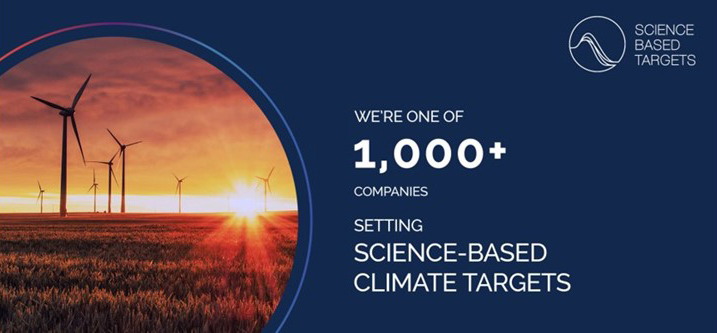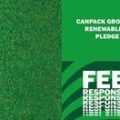The multinational CANPACK Group announced the approval of its emissions reduction targets under the Science Based Targets initiative. This organization is science-based and promotes best practices, which are approved by an independent committee composed of the world’s leading scientific experts.
In this regard, SBTi is a collaboration between CDP, the United Nations Global Compact, the World Resources Institute (WRI) and the World Wildlife Fund (WWF). In particular, this global organization has ensured that emission reduction targets are set as they are in line with the levels predicted by climate science.
This announcement is accompanied by a CANPACK company commitment to 2022, made public in December 2021 and underlining its commitment to climate change. During its emissions campaign, CANPACK committed to three main statements: the first of these focuses on the policy of absolute GHG emissions reduction targets including by 2030 a 25% reduction over the base year, 2020. The second is to increase the annual supply of renewable electricity from 62% in 2020 to 100% from 2022 and finally the company seeks to reduce absolute GHG emissions from purchased goods and services by 12.3% by 2030, from 2020 as the base year.
SBTi also managed to stay on target to reduce its greenhouse emissions by half a degree below the company’s pledges. John O’Maoileoin, Group Sustainability Director at CANPACK, noted in this regard that “galvanized by the historic Paris agreement, the transition to a zero carbon economy is underway and accelerating globally. Hundreds of corporations around the world are preparing for the transition by setting emissions reduction targets based on climate science.” “The next few years are critical, and companies have a vital role to play in helping to achieve transformation at the pace and scale needed. That’s why CANPACK promotes consistent learning that removes barriers between people, places and ideas. All this to combat the success of illegal social media by creating positive change in our digital context.”the sustainability manager emphasized








